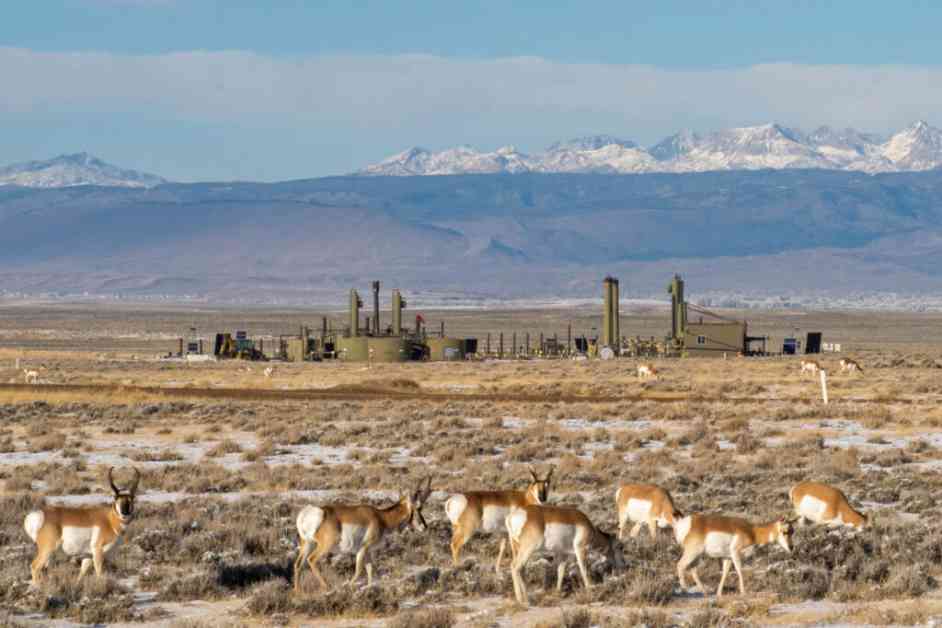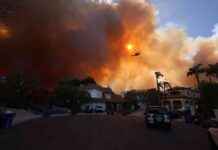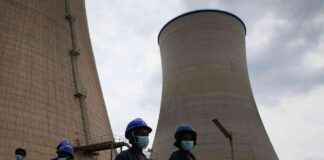President Trump has nominated Kathleen Sgamma, a longtime oil and gas lobbyist, to lead the Bureau of Land Management (BLM), the federal agency responsible for managing vast swaths of public land and mineral leases across the United States, with a focus on the Western region. This appointment has sparked controversy among environmental groups and conservationists, who fear that Sgamma’s close ties to the oil and gas industry could prioritize industry interests over conservation efforts.
Kathleen Sgamma has nearly two decades of experience leading the Western Energy Alliance, a lobbying firm dedicated to advocating for the oil and gas sector’s interests concerning public lands in the United States. Her nomination to head the BLM, an agency with over 10,000 employees, has raised concerns about the future management of public lands under her leadership.
Environmental groups such as the Center for Biological Diversity and the Center for Western Priorities have strongly opposed Sgamma’s nomination, citing fears that she may prioritize leasing public lands for oil and gas drilling, potentially compromising their ecological, recreational, and cultural value. Despite these concerns, Sgamma has not provided any public comment on her nomination, and both the Western Energy Alliance and the BLM have deferred to the White House for official statements on the matter.
Expert Opinions on Sgamma’s Nomination
Frank Maisano, a spokesperson for Bracewell, a law and lobbying firm representing energy companies, has expressed support for Sgamma’s nomination, highlighting her qualifications and understanding of the energy industry’s challenges. He believes that Sgamma will be a strong advocate for the administration’s energy agenda while balancing conservation efforts with energy development.
Athan Manuel, the director of Sierra Club’s Lands Protection Program, has criticized Sgamma’s nomination, suggesting that it signals a shift towards favoring oil and gas interests over conservation and environmental protection. Manuel argues that the appointment of Sgamma to lead the BLM could undermine efforts to address climate change and protect public lands from further exploitation.
Environmental Concerns and Future Implications
Environmentalists are particularly concerned about the potential impact of Sgamma’s leadership on wildlife habitats, conservation efforts, and renewable energy development on public lands. They fear that Sgamma may prioritize expanding oil and gas development at the expense of conservation, recreation, and other land uses that benefit the environment and local communities.
Under the Biden administration, the BLM has made strides in elevating conservation as a priority alongside other land uses, aiming to strike a balance between environmental protection and industrial development. However, Sgamma’s nomination raises questions about the future direction of the agency and its commitment to sustainable land management practices.
While some politicians, such as Wyoming’s Governor Mark Gordon, have expressed optimism about Sgamma’s potential to facilitate state-level land exchanges, environmental advocates remain wary of her stance on conservation and biodiversity. The upcoming nomination hearing before the Senate Committee on Energy and Natural Resources will shed more light on Sgamma’s vision for the BLM and her approach to managing public lands.
In conclusion, Kathleen Sgamma’s nomination to lead the Bureau of Land Management has ignited a debate about the agency’s future direction and its commitment to environmental stewardship. As stakeholders await further developments, the decision to confirm Sgamma will have significant implications for the management of public lands, conservation efforts, and the balance between energy development and environmental protection. Stay tuned for updates on this critical appointment and its impact on America’s natural landscapes.














